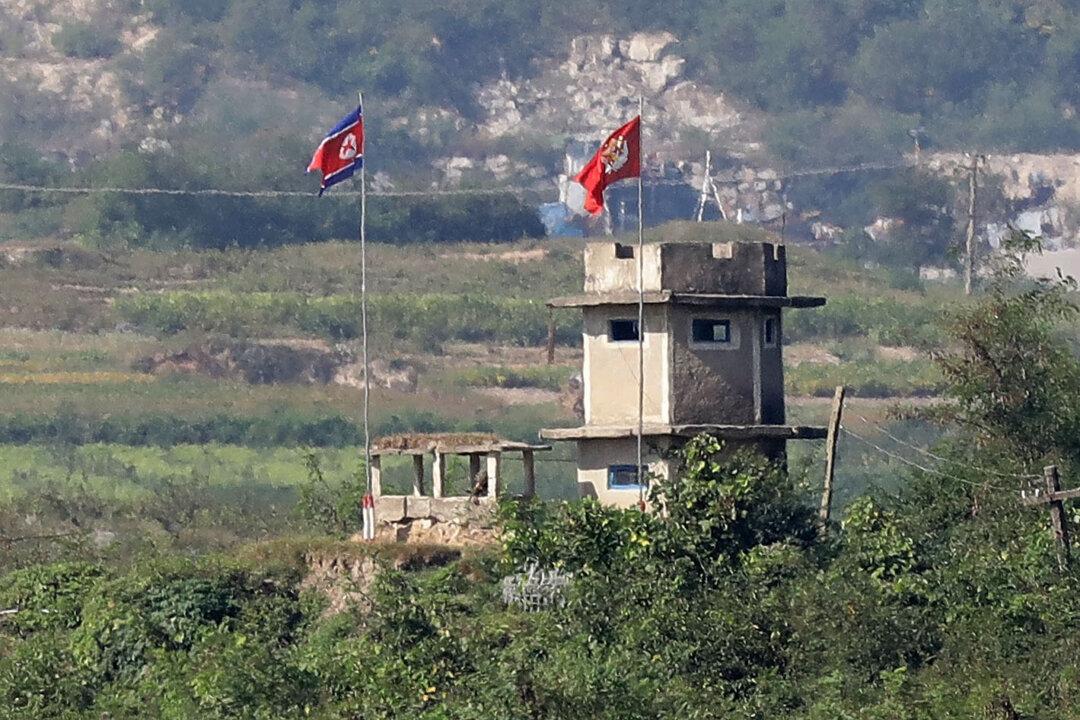A surge of North Koreans tried to flee the prison state over the New Year, hoping security would be lightened during celebrations, according to sources in Ryanggang Province, in the northeast of North Korea.
Many of them were arrested.

A surge of North Koreans tried to flee the prison state over the New Year, hoping security would be lightened during celebrations, according to sources in Ryanggang Province, in the northeast of North Korea.
Many of them were arrested.